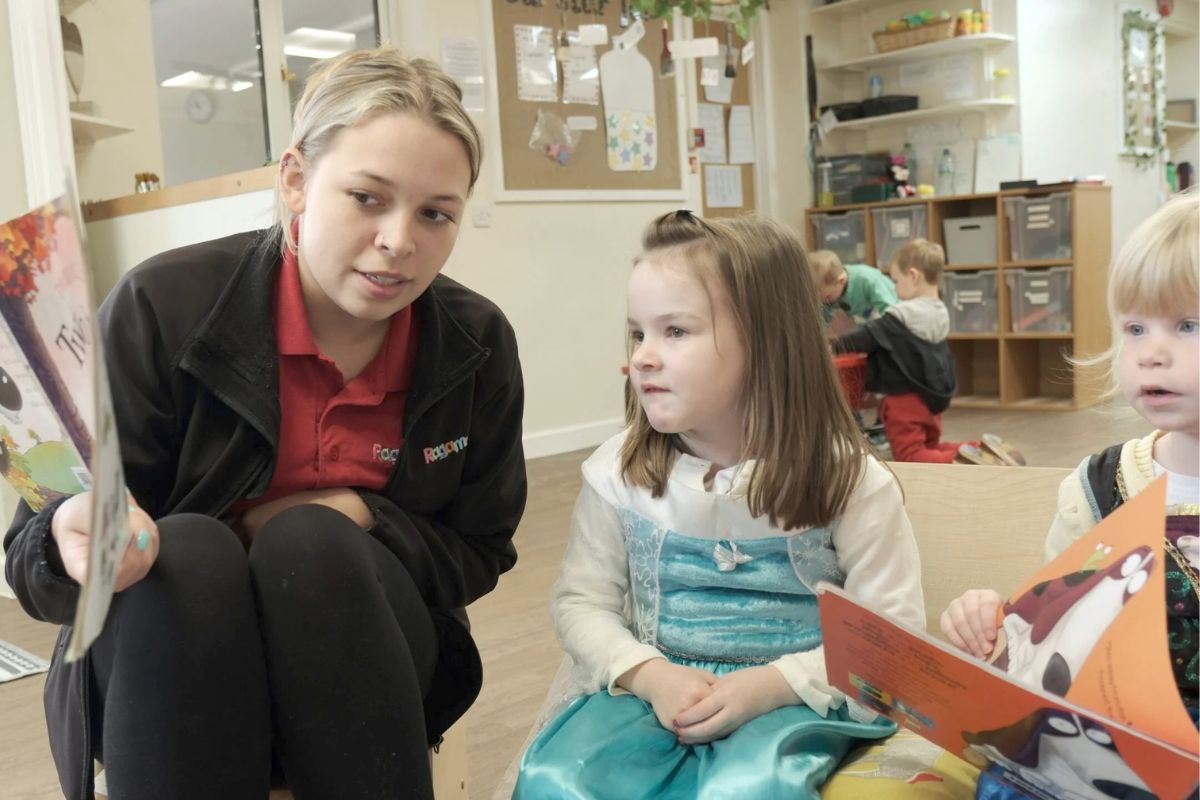“Devastating” new cuts to deaf and blind education in Damian Hinds’ constituency a “bleak sign of the times” and potentially unlawful

Deaf and visually impaired children in Damian Hinds’ own constituency are facing cuts to their vital support at school and the move is potentially unlawful, two major charities have warned.
The decision, taken by Hampshire County Council, will reduce frontline staff and cut crucial support visits for deaf and visually impaired children in schools throughout the region.
The National Deaf Children’s Society and the Royal National Institute of Blind People (RNIB) have both slammed the “appalling” move, saying it is potentially unlawful.
The National Deaf Children’s Society is now considering legal action to force the council to reverse its decision, stating that “all options are on the table.”
Both charities also say the move is symptomatic of the sweeping cuts faced by children with special educational needs and disabilities (SEND), describing the situation as a “very bleak sign of the times.”
England’s 45,000 deaf children have been hit with £4 million of council cuts to their support last year alone. In the past five years, their specialist teachers have also been cut by 10%, sending the average caseload for a teacher soaring to 60 children, a rise of 36%.
Deaf children across the country already fall behind at every stage of school and on average, they achieve an entire grade less than their hearing classmates at GCSE despite deafness not being a learning disability.
The country’s 34,500 children and young people with vision impairment have also experienced significant cuts, with one in three local authorities slashing their spending on education support services for these pupils in the last year. A third of local authorities also cut the number of Qualified Teachers of Vision Impairment (QVTI), who help visually impaired children and young people access mainstream education.
Both charities are now warning that the SEND system is facing a funding crisis, with tens of thousands of children facing the risk of being left without the support they desperately rely on.
As a result, they are urgently calling on Damian Hinds to challenge Hampshire County Council’s decision. The charities are also urging him to make the strongest possible case for SEND funding at the Government’s next Spending Review so every child can receive the world class education he has promised them.
Both families live in Damian Hinds’ constituency, there are 1,162 deaf children and 594 children with a vision impairment in Hampshire.
Martin Thacker MBE, Deputy Director at the National Deaf Children’s Society, said:
“This potentially unlawful move by Hampshire County Council is yet another sign of the very bleak times that children with special educational needs and disabilities are living in. Deaf children are being hit particularly hard, with their specialist teachers being cut and the futures they’ve worked so hard for now slipping even further from their grasp.
“Damian Hinds knows that deaf education is at crisis point – and it’s within his power to salvage it. He has already pledged a ‘strong case’ for education funding in the upcoming Spending Review, but this must include an overwhelming case for some of the simple, cost-effective measures that can turn this crisis around for every deaf child.
“All eyes are now on Mr Hinds to do the right thing, and 45,000 deaf children are relying on him.”
RNIB’s Head of Social Change, Abigail Fitzgibbon, said:
“We are deeply concerned about the appalling cuts to support for children and young people with vision impairment in mainstream schools, which are happening more and more regularly.
“Learning in schools and colleges is focused heavily on the ability to see – relying on pupils to read from textbooks, see writing on whiteboards and answer questions from written exam papers. But when a child has a vision impairment, the Government has a duty to ensure they are given the appropriate materials or support to achieve their educational potential.
“The cuts we are seeing could prevent an entire generation of young people with vision impairment from entering adulthood with the qualifications and skills required for the workplace. It is crucial that the Government acts now to increase funding for education support services, and to secure the future for thousands of children and young people with vision impairment.”











Responses